-
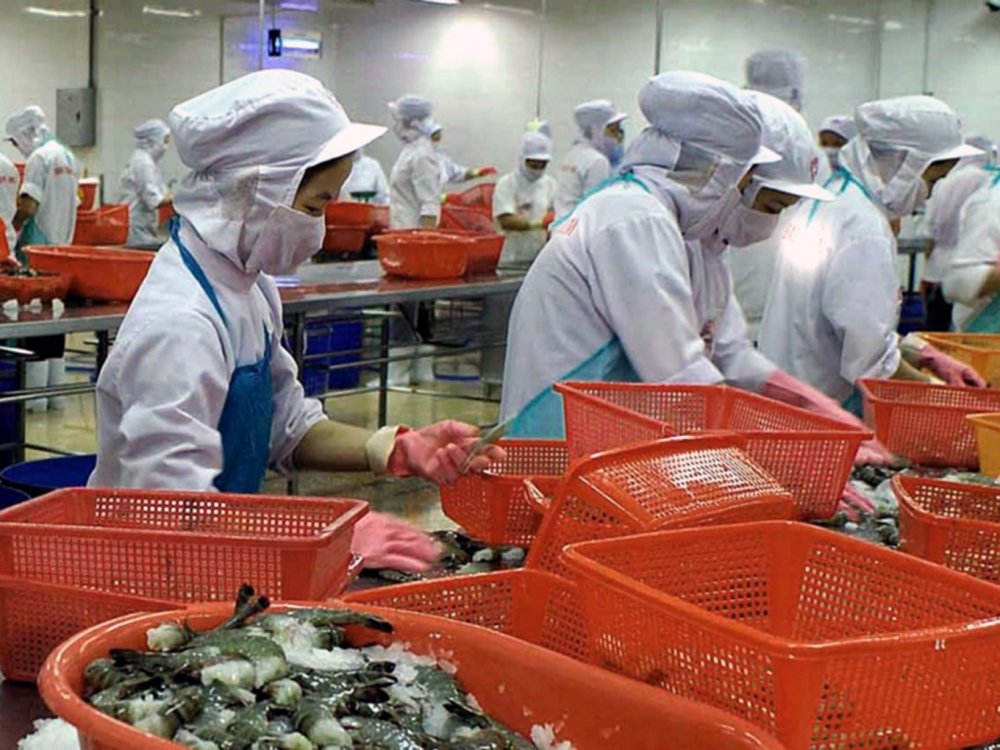 Vietnam reaps rewards of Trade Facilitation Agreement22/07/2019Two years after implementing the World Trade Organization (WTO)’s Trade Facilitation Agreement (TFA), developing countries like Vietnam are enjoying its benefits.
Vietnam reaps rewards of Trade Facilitation Agreement22/07/2019Two years after implementing the World Trade Organization (WTO)’s Trade Facilitation Agreement (TFA), developing countries like Vietnam are enjoying its benefits.
According to speakers at the APEC capacity-building workshop on the TFA for micro, small- and medium-sized enterprises (MSMEs), implementation of the TFA is likely to cut members’ trade costs by an average of 14.3 percent, with developing countries having the most to gain. It is also likely to reduce the time needed to import goods by over a day and a-half and to export goods by almost two days, representing a reduction of 47 percent and 91 percent, respectively, over the current average.
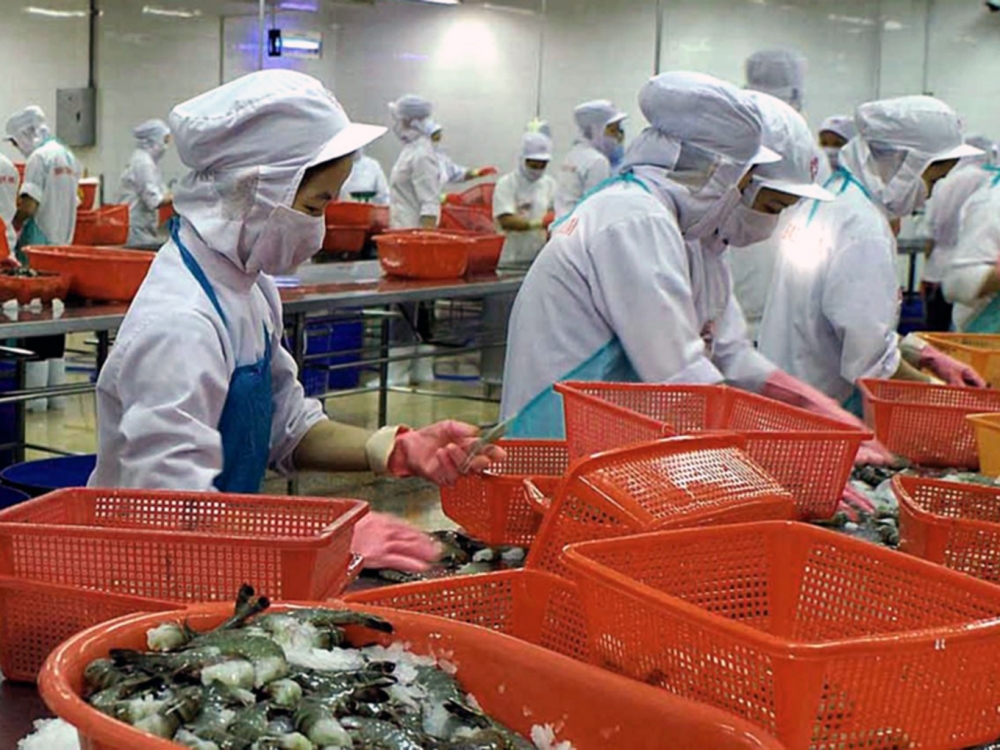
Once the TFA is fully implemented, developing countries are expected to increase the number of new products exported by as much as 20 percent, with the least developed countries likely to see an increase of up to 35 percent. The TFA is of great significance for developing economies due to its special and differential treatment provisions, which help them build the capacity to carry out WTO work, handle disputes, and implement technical standards. The trade pact also contributes to reducing non-tariff and technical barriers and facilitating exports.
Nguyen Van Trinh, deputy director of the Ho Chi Minh City Institute for Development Studies, said the TFA will benefit MSMEs by reducing trade costs, expediting goods clearance and cutting red tape.
Official data put Vietnam’s exports at US$213.77 billion in 2017 and US$243.48 billion in 2018, an increase of 21.1 percent and 13.2 percent compared to a year ago, respectively. This figure is expected to increase by 8-10 percent in 2019 to about US$265 billion. Strong export growth is attributed to the implementation of free trade agreements, including the TFA.
As one of Vietnam’s economic centers, Ho Chi Minh City is very interested in making the most of opportunities provided by the TFA, because the agreement’s requirements are in line with the city’s orientation. In addition to promoting administrative reforms, Ho Chi Minh City has been implementing a smart urban development project, which aims to put its economy on a rapid and sustainable growth path, and create close interaction between authorities and people in yielding practical and long-term benefits.
The results and recommendations of the workshop will be valuable information for the APEC Small- and Medium-sized Enterprises Working Group (SMEWG) to develop the agenda in the coming time, while contributing to shaping the APEC Vision for the post 2020 period.
Nguồn: VEN
-
 Vietnam harnesses AI to transform public services27/03/2025The Government is accelerating AI application to reduce the paper workload and improve operation efficacy.
Vietnam harnesses AI to transform public services27/03/2025The Government is accelerating AI application to reduce the paper workload and improve operation efficacy. -
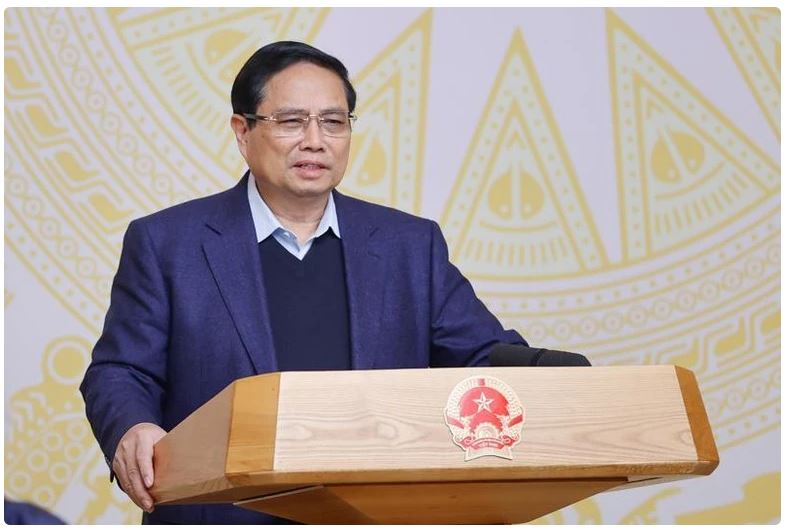 Government steering committee set up to drive Vietnam’s sci-tech, innovation development18/03/2025It is tasked with studying and proposing the Government and the PM national strategies, policies, and solutions for developing science, technology, innovation and digital transformation. Besides, it is in charge of overseeing the implementation of project No. 06 on developing the application of population data, identification, and e-authentication data, as well as administrative reform efforts.
Government steering committee set up to drive Vietnam’s sci-tech, innovation development18/03/2025It is tasked with studying and proposing the Government and the PM national strategies, policies, and solutions for developing science, technology, innovation and digital transformation. Besides, it is in charge of overseeing the implementation of project No. 06 on developing the application of population data, identification, and e-authentication data, as well as administrative reform efforts. -
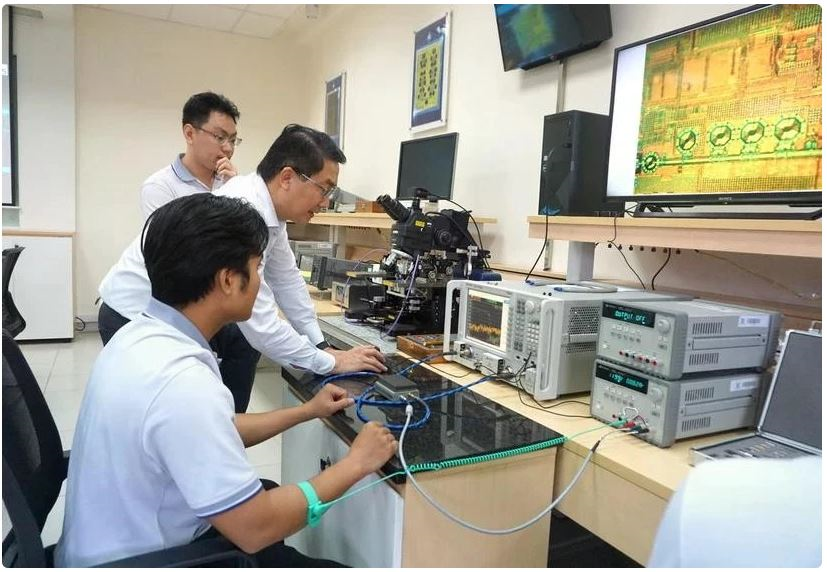 Innovation – breakthrough path for Vietnam’s development: experts10/03/2025Experts in Singapore believe that innovation represents a breakthrough path for Vietnam, which is advancing to the new era - that of the nation's rise.
Innovation – breakthrough path for Vietnam’s development: experts10/03/2025Experts in Singapore believe that innovation represents a breakthrough path for Vietnam, which is advancing to the new era - that of the nation's rise. -
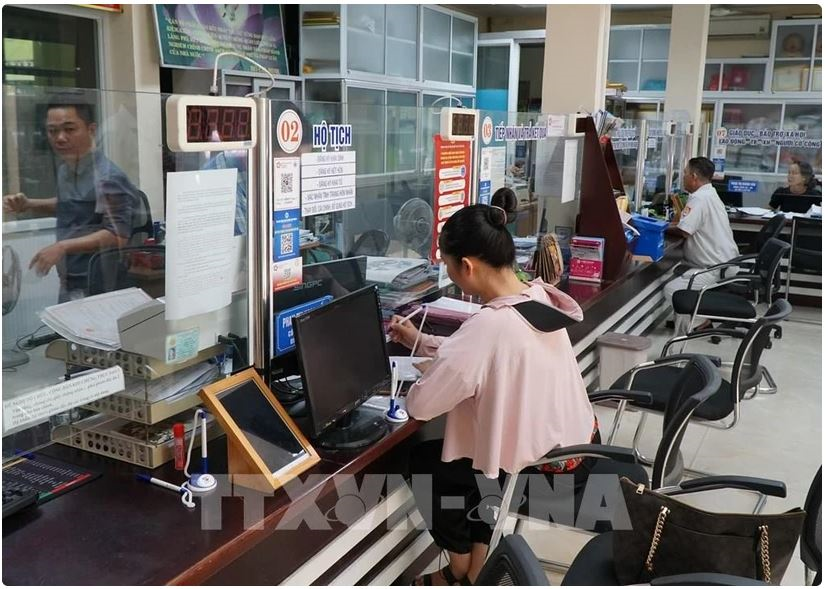 Decisively cutting administrative procedures to facilitate businesses’ operations06/03/2025During a recent working session with representatives of the Party Central Committee’s Commission for Policies and Strategies, Party General Secretary To Lam urged greater efforts to position Vietnam's investment environment among the top three in ASEAN within the next two to three years.
Decisively cutting administrative procedures to facilitate businesses’ operations06/03/2025During a recent working session with representatives of the Party Central Committee’s Commission for Policies and Strategies, Party General Secretary To Lam urged greater efforts to position Vietnam's investment environment among the top three in ASEAN within the next two to three years. -
 Vietnam urged to seize digital transformation opportunities21/02/2025Experts highlighted a young population, the Government's support, and a thriving startup ecosystem are driving the country’s innovation.
Vietnam urged to seize digital transformation opportunities21/02/2025Experts highlighted a young population, the Government's support, and a thriving startup ecosystem are driving the country’s innovation.


